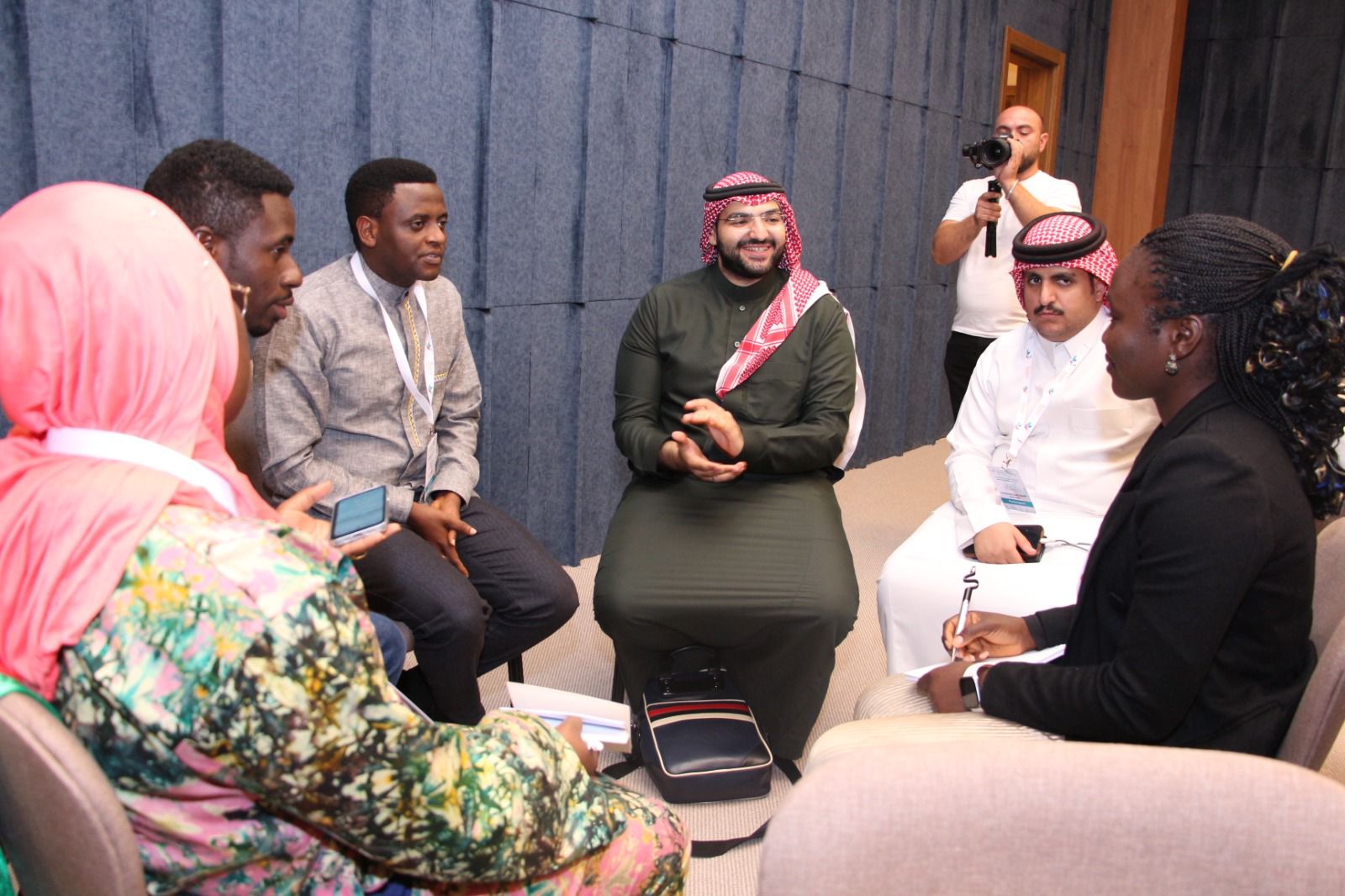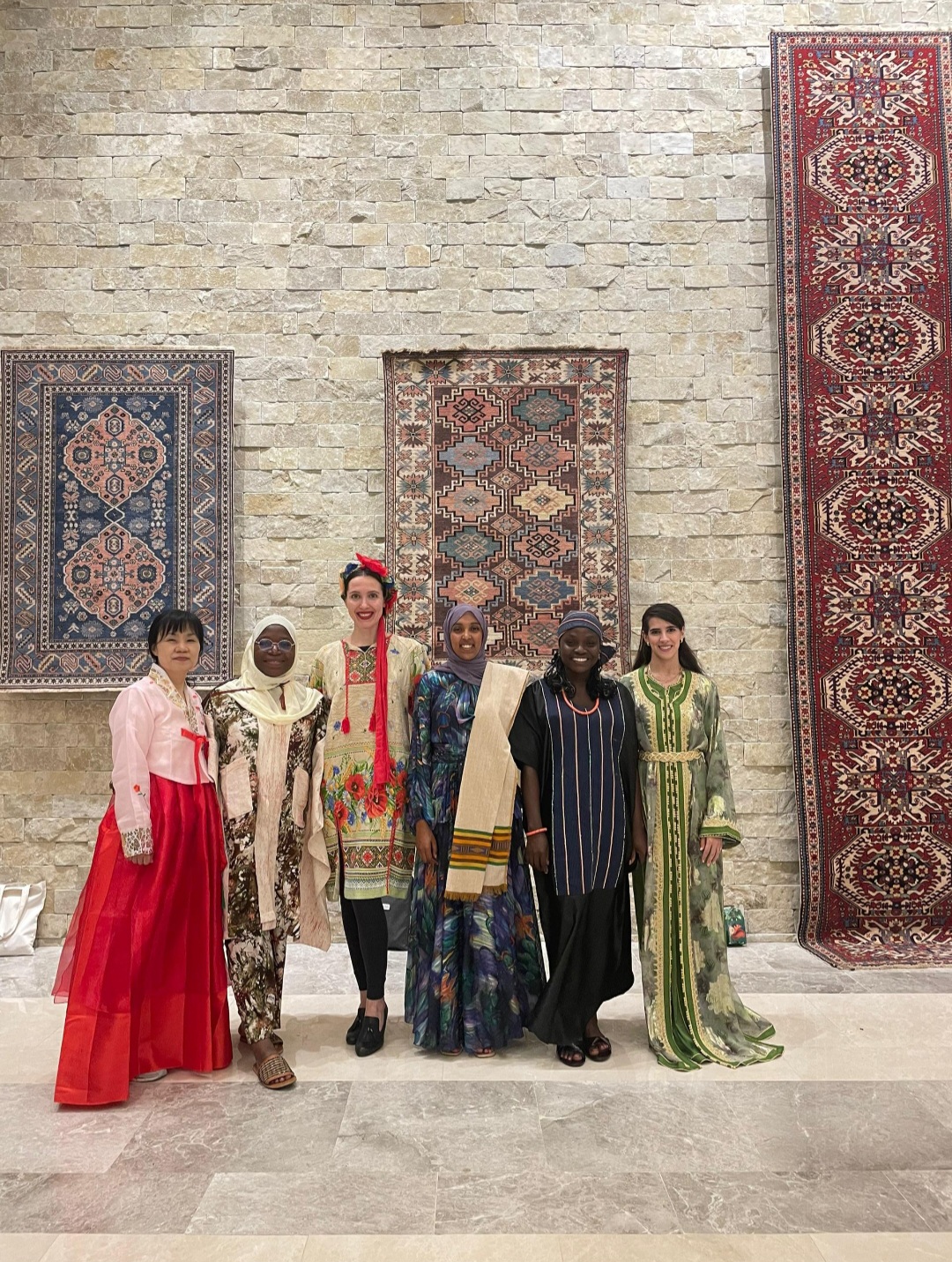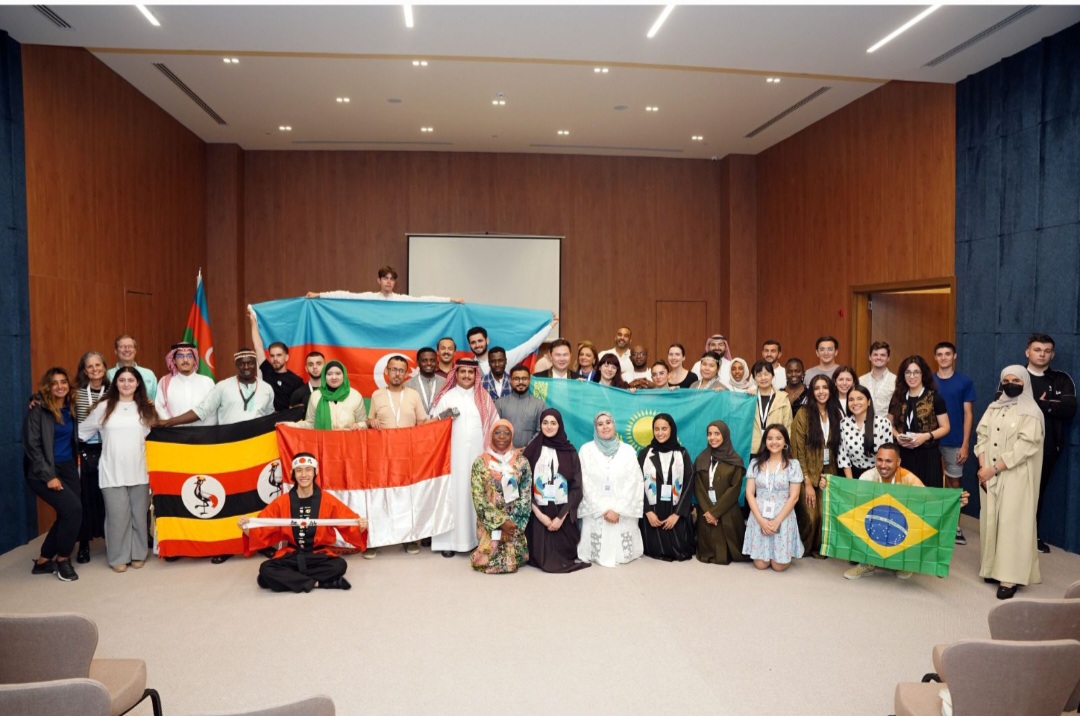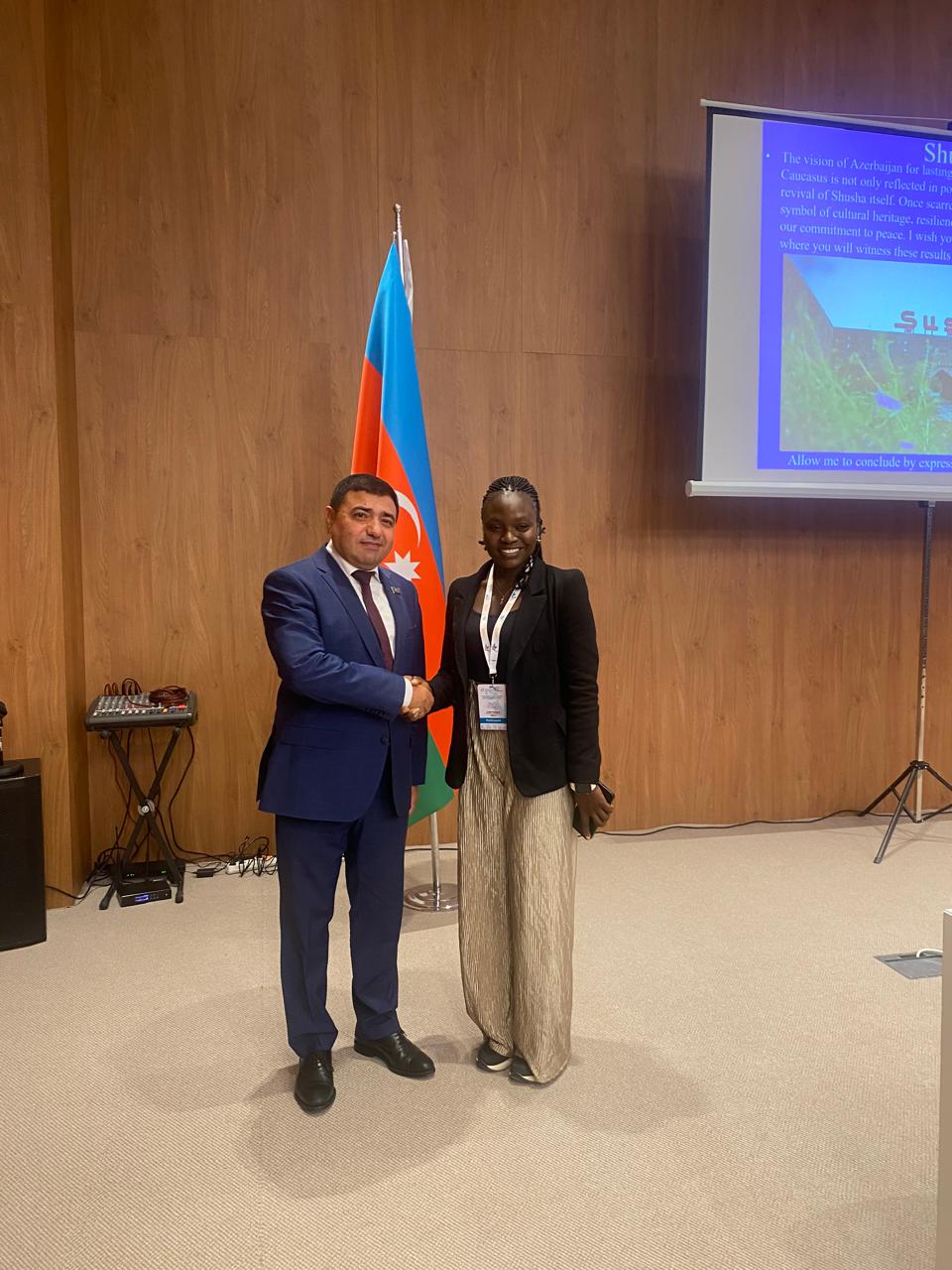Judith Nendelmwa Remson shares her experience at the Second International Youth Forum on Multiculturalism and Peace in Baku, Azerbaijan. Judith is a member of Youth Initiative Against Violence and Human Rights Abuse (YIAVHA).
On August, 22nd to 27th, it was a privilege to have attended the Second International Youth Forum on Multiculturalism and Peace in Baku, Azerbaijan.
Though to me, it first sounded like just that first experience of travelling out of the country like many other young people we see attend conferences and fellowship programme, little did i know that it would be a great eye opener to the practical aspect of our work from a country that has learned from its past and are deliberate about the present and the future they want to build.
For me, as a young person who has experienced the ugly side of identity driven conflict, broken relationship, and by the day, hears the stories of many others in the communities that we work at the Youth Initiative Against Violence and Human Rights Abuse (YIAVHA) who seem hopeless due to the persistence of violence.
So, beyond being a travel experience, the forum also was a transformative space that connected me with young leaders from across the globe who share the same passion for building bridges of understanding across divides. I extend appreciation to my organisation, and by extension our Network, the United Religions Initiative (URI) network.

Experiencing Multiculturalism in Action
From the moment I arrived in Baku, I could connect easily with what I had read about the city and its journey to multiculturalism. While in the city, I remember walking through the city and realizing that I couldn’t easily tell which building was a mosque or a church, or who among the people was Muslim or Christian, unlike in our communities here in Nigeria, where each day, we profile people by their dress sense, thereby creating barriers to friendship.
In Jos, you see the display of cultural attire that instead of evoking a sense of cultural richness rather it conveys a sense of ethnic and religious identity During our visits to some of the city’s historical sites, including an ancient mosque and the remarkable “House of Tolerance,” I was struck by how intentionally they preserve their culture and history while promoting respect for diversity.
Experiencing this firsthand deepened my appreciation for what URI stands for: respect for diversity, interfaith harmony, and peaceful coexistence, and I connect it to how we work in YIAVHA, where we work in communities with much deep seated division.

Key Learnings from the Forum
The forum brought together young people from over 50 different countries, each speaking different languages and representing diverse cultural and religious backgrounds, some of those identities were familiar to me and others entirely new. Connecting with them was an experience in itself.
It pushed me to step out of my usual zone, to connect more, listen more, and to truly respect people for who they are beyond labels or stereotypes. One of the highlights for me was when we were all given the opportunity to present our culture and people, I proudly represented Nigeria, sharing about our diversity, resilience, and the beauty of our traditions.
Also, through the interfaith dialogues, multicultural discussions, and cultural exchanges, we explored pressing global issues such as intolerance, radicalism, xenophobia, and cultural misunderstandings. Such discussions have added content and passion to an every Friday post I make on Facebook about Preventing and Countering Violent extremism code code-named “PCVEtalkwithJudith.” What inspired me most was how, despite our differences, we could find a common voice in promoting peace and understanding.

Multiculturalism beyond mere policy to policy implementation.
One of my biggest takeaways from the forum is that multiculturalism should go beyond slogans, it must be a lived experience practiced in everyday life shaped by policies and frameworks.
As narrated to us, Azerbaijan has learned its lessons of insecurity and has overcome its fears through a deliberate action that didn't just stay on the pages of reports and policy catalogues but a deliberate integration posture that invites everyone to key into the vision.
I return home inspired and energised to put these lessons into practice by advocacy and promoting into strengthening of interfaith dialogue beyond words, integration of youth into national agendas and amplifying the need for practical action around implementing national action beyond policies.
Gratitude
I want to sincerely appreciate our Executive Director, Mr. Jacob Choji Pwakim who has been both a leader and mentor, and the leadership of YIAVHA for making this opportunity possible.
My heartfelt thanks also go to United Religions Initiative (URI), whose support made my participation a reality and whose continued commitment to empowering young peacebuilders around the world remains a source of inspiration to many of us.
And of course to the Baku International Multiculturalism Center (BIMC), the Islamic World Educational, Scientific and Cultural Organization (ICESCO) for organizing this impactful forum, I would not have been telling this story if not for that opportunity, so thank you.

Carrying the Mission Forward
As I bring these learnings back to my community, I am reminded that peacebuilding is not a one-off achievement, it is a lifelong mission. The forum in Baku was not the end, but the beginning of a renewed commitment to act, share, and inspire. Together, through platforms like this, we are proving that a world rooted in mutual respect, understanding, and multiculturalism is not only possible, it is already being built, one connection at a time.
